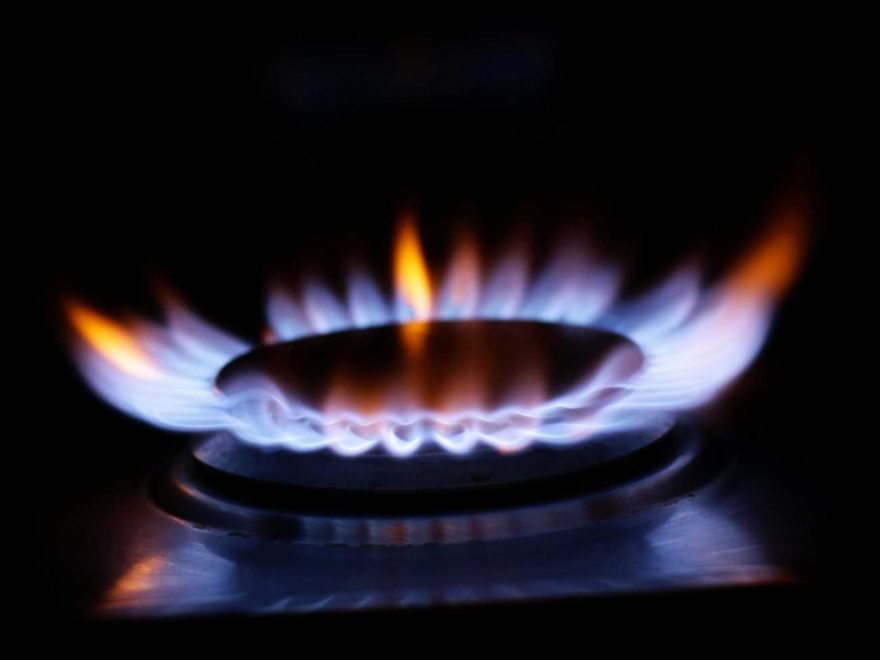ENERGY bills are set to rise by up to £96 a year for millions of households after Ofgem hikes the price cap.
The regulator has upped the maximum price suppliers can charge for electricity and gas from £1,042 a year to £1,138.
? Read our coronavirus live blog for the latest news & updates
But the watchdog warns households can save an average of £150 a year by switching to a fixed-rate tariff.
The cap affects around 11million households on standard variable tariffs.
Around 4million households on prepayment meters will also see bills rise by £87, to £1,156.
The price hikes will see a return to pre-pandemic levels and come into effect from April 1, 2021.
How to save on your energy bills
SWITCHING energy providers can sound like a hassle – but fortunately it’s pretty straight forward to change supplier – and save lots of cash.
Shop around – If you're on an SVT deal you are likely throwing away more than £300 a year. Use a comparion site such as MoneySuperMarket.com, uSwitch or EnergyHelpline.com to see what deals are available to you.
The cheapest deals are usually found online and are fixed deals – meaning you'll pay a fixed amount usually for 12 months.
Switch – When you've found one, all you have to do is contact the new supplier.
It helps to have the following information – which you can find on your bill – to hand to give the new supplier.
- Your postcode
- Name of your existing supplier
- Name of your existing deal and how much you pay
- An up-to-date meter reading
It will then notify your current supplier and begin the switch.
It should take no longer than three weeks to complete the switch and your supply won't be interrupted in that time.
The watchdog sets the price cap twice a year to limit how much suppliers can charge customers on standard variable tariffs, depending on wholesale prices.
Ofgem says it saves these households between £75 and £100 a year, but customers can cut bills even further by switching deals.
"The good news is that there are plenty of fixed deals available that would protect households from market volatility and provide not just certainty and reassurance, but significant cost savings," said Richard Neudegg, head of regulation at Uswitch.com.
The best value fixed deal currently available on the market is £945 a year from Avro Energy, which is £193 cheaper than the new price cap.
Of course, it's worth bearing in mind that the actual price you pay on a fixed-rate tariff will depend on how much energy you use.
Payment meter customers have to pay a fee to change their meter for a standard one if they want to take advantage of the best deals.
However, many have no option but to continue to pay the price hikes because there is a charge to swap meters and renters will have to get permission from their landlords first.
Alistair Cromwell, acting chief executive of Citizens Advice, said the price hikes will come as a "heavy blow" to households who are also facing a £20 a week cut in Universal Credit payments.
Around 3.7million households are living in fuel poverty, according to The End Fuel Poverty Coalition, with a further 2.1million behind on their bills.
What to do if you can’t pay your bills
FALLING behind on your energy bills can be extremely stressful.
If you’re struggling to pay what you owe, contact your supplier as soon as possible.
Your provider has to help you come up with a solution, and you should be able to negotiate a deal that works for you both.
One option is to agree a payment plan where you pay off your debts in affordable instalments.
You may be able to pay off your debts directly from your benefits through the Fuel Direct Scheme.
A fixed amount will automatically be taken to cover what you owe plus your usage.
To be eligible, you must be getting one of the following benefits:
- Income-based jobseeker’s allowance
- Income support
- income-related employment and support allowance
- Pension credit
- Universal Credit (but only if you’re not working)
If you cannot come to an agreement with your supplier, they may try to force you to get a prepayment meter installed.
In very rare cases, where you refuse to negotiate, your supplier might threaten you with disconnection.
Jonathan Brearley, chief executive of Ofgem, accepted that the price rise will be challenging for some customers who may be struggling with the impact of the pandemic.
He said: "As the UK still faces challenges around COVID-19, during this exceptional time I expect suppliers to set their prices competitively, treat all customers fairly and ensure that any household in financial distress is given access to the support they need."
It comes just days after the watchdog agreed to allow providers to charge households an extra £23.69 a year to help cover coronavirus related debts.
The Adjustment Allowance was introduced in 2020 as a one-off coronavirus measure so suppliers could support households through the pandemic.
It increased the cap by £15 a year last summer but the watchdog decided to hike the allowance again, adding even more onto bills.
The idea is to help suppliers claw back some of the cash they have lost through coronavirus measures agreed with the government.
These include not cutting off households who are unable to pay their bills or providing emergency credit to those on payment meters.
Simon Francis, coordinator of the End Fuel Poverty campaign, said: "While the price cap rises may seem small to officials, for ordinary people any increase will mean the choice between heating or eating becomes even starker."
Ofgem is urging customers who are behind on bills or struggling to keep up with payments to speak to their provider.
Source: Read Full Article


